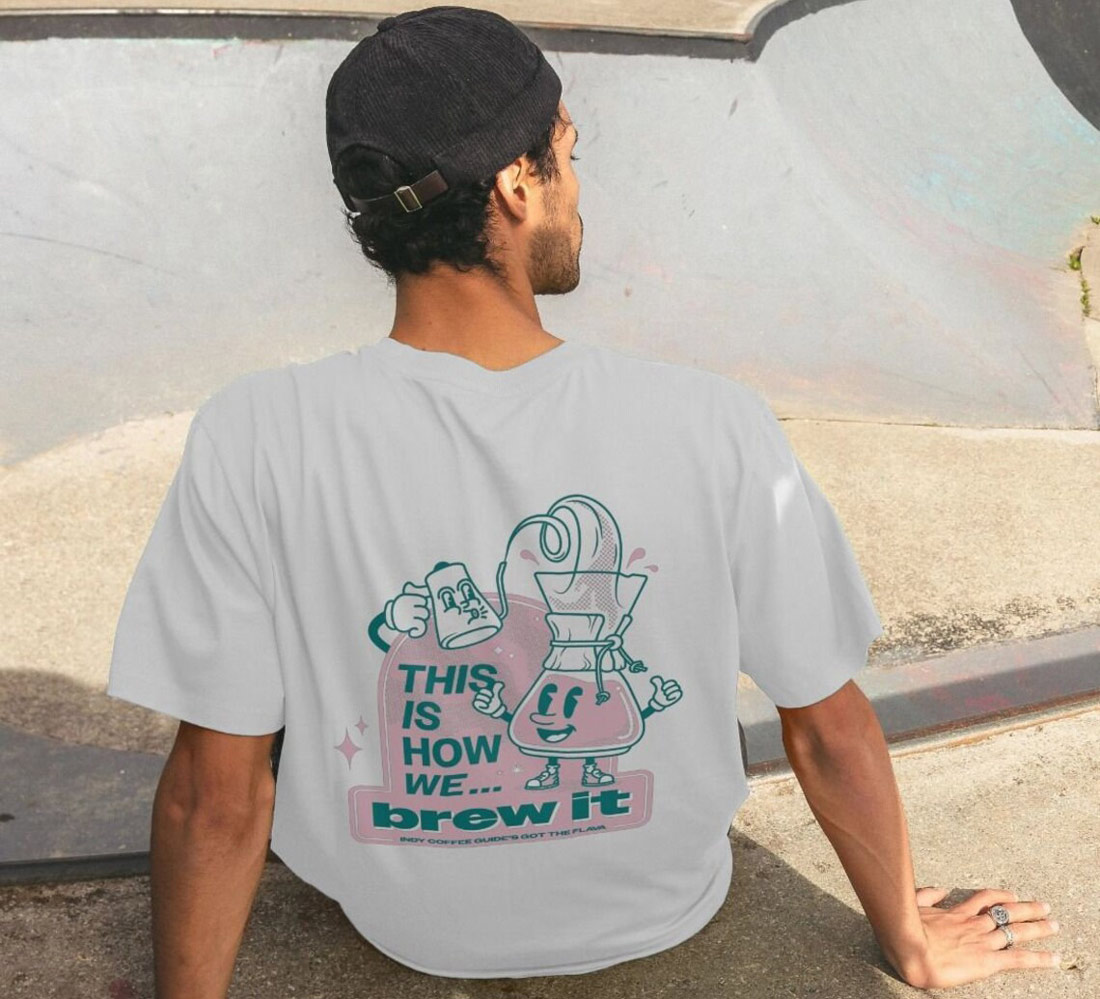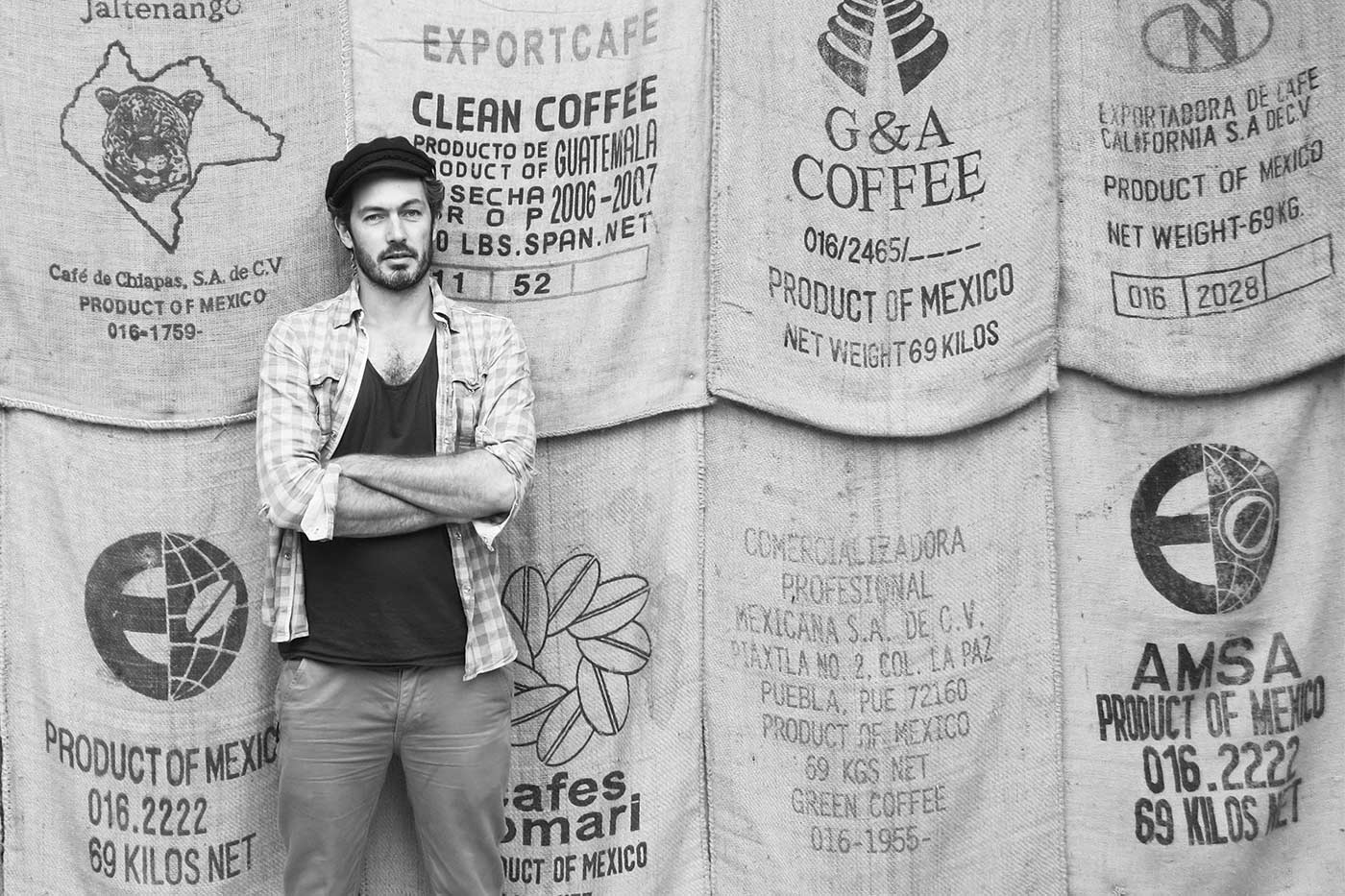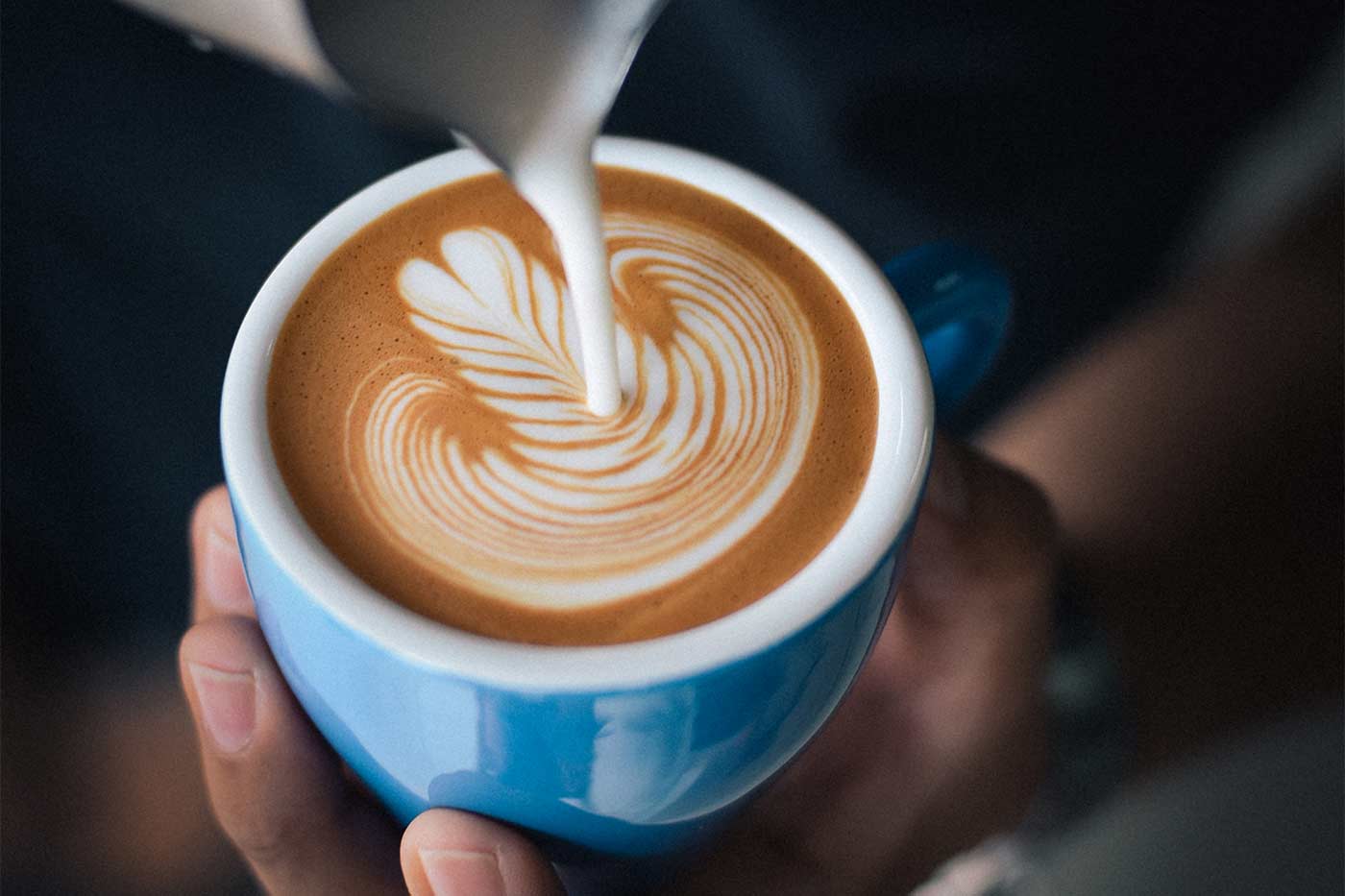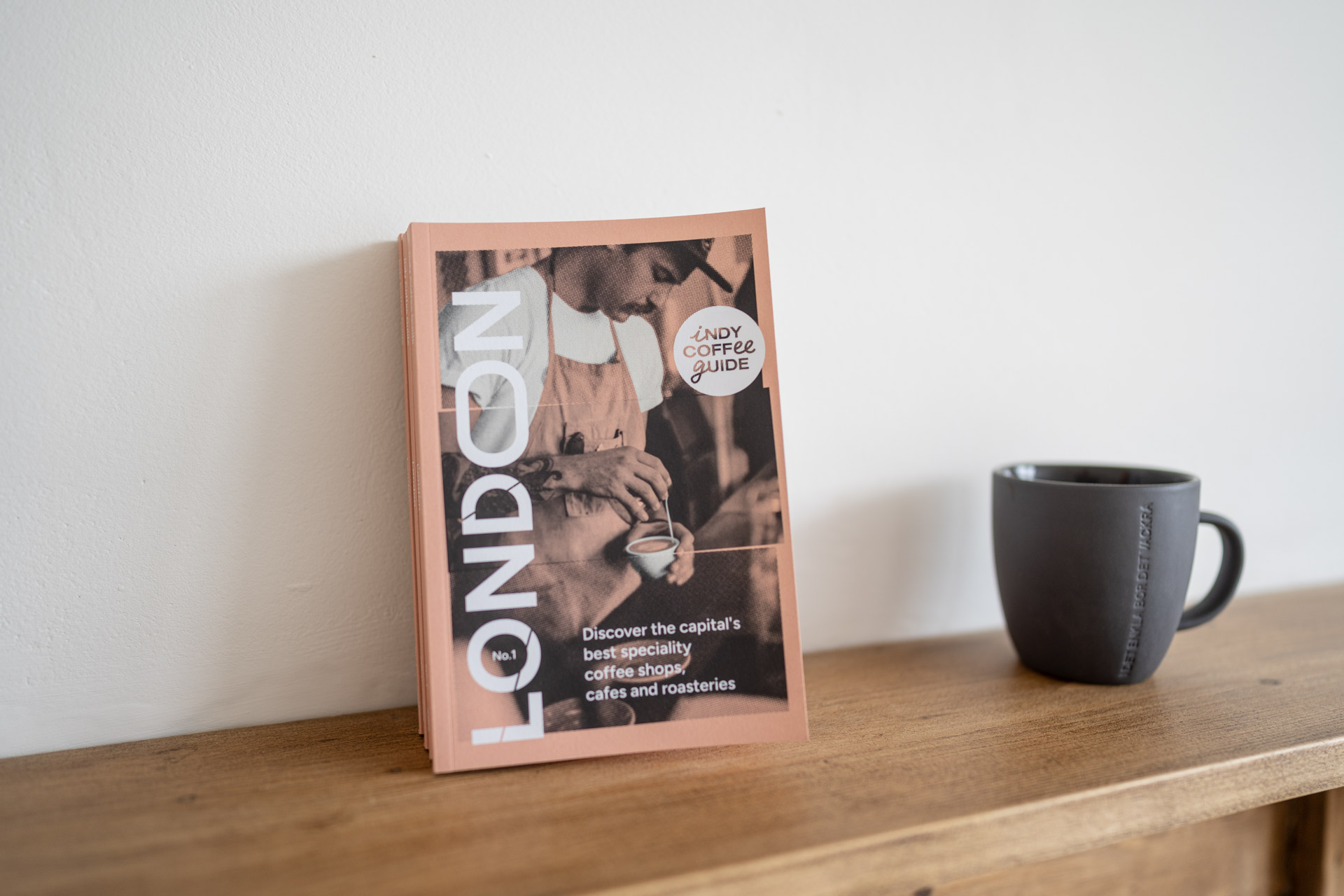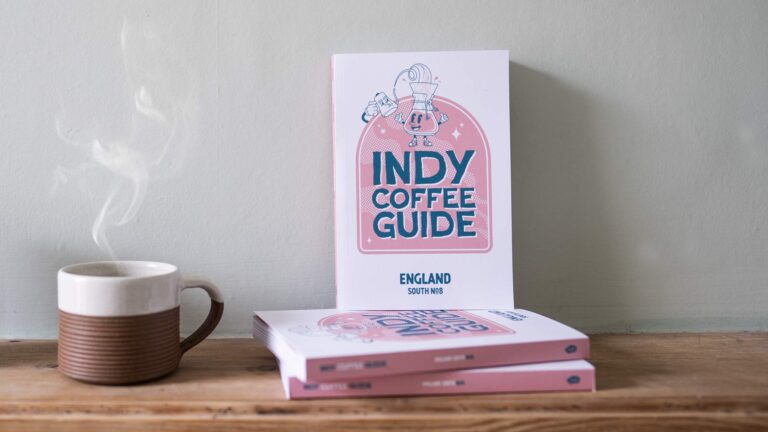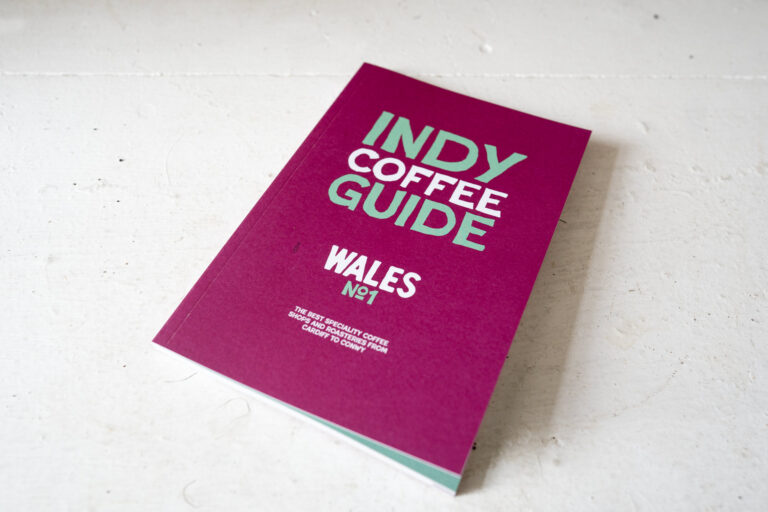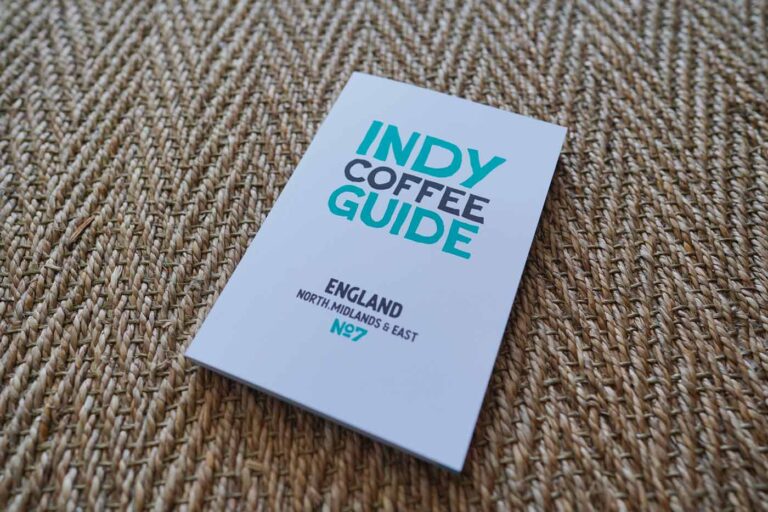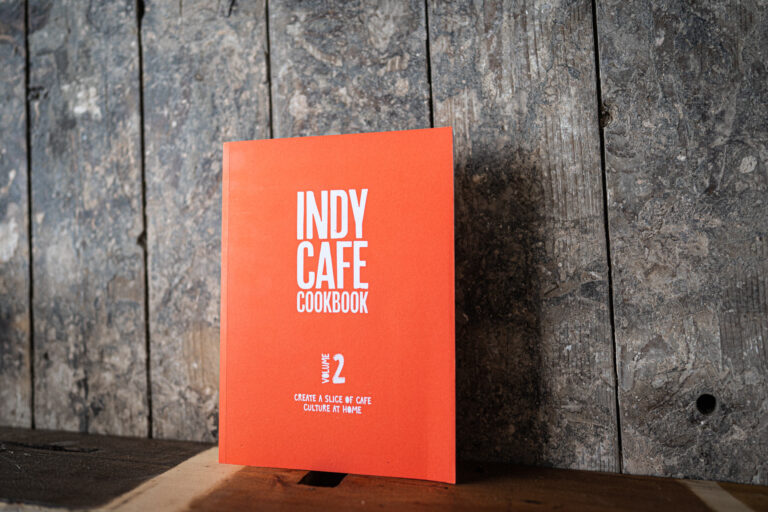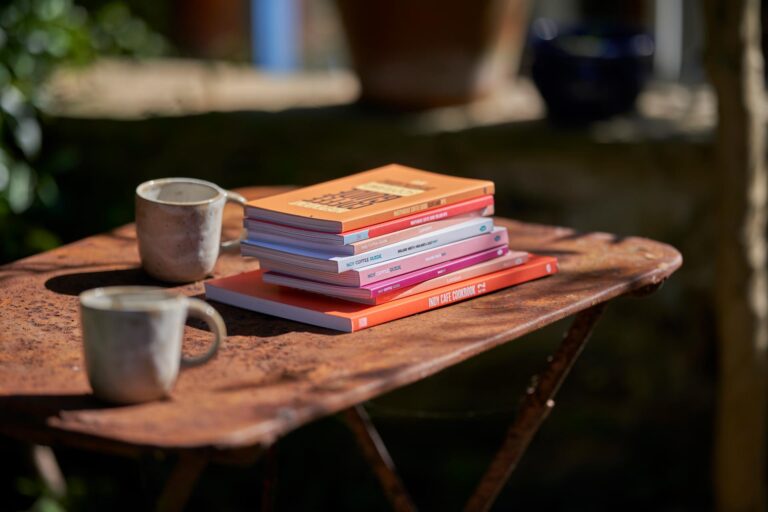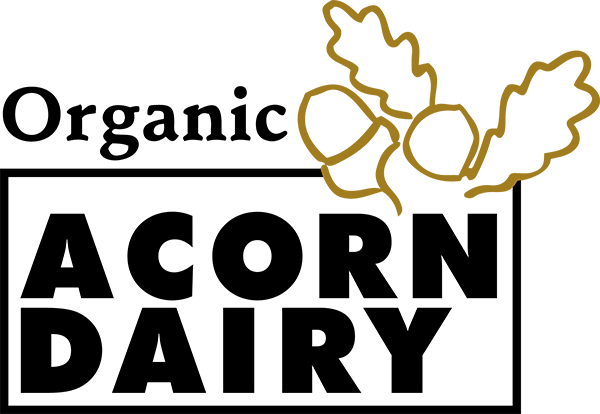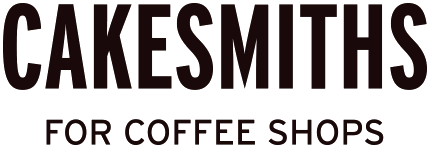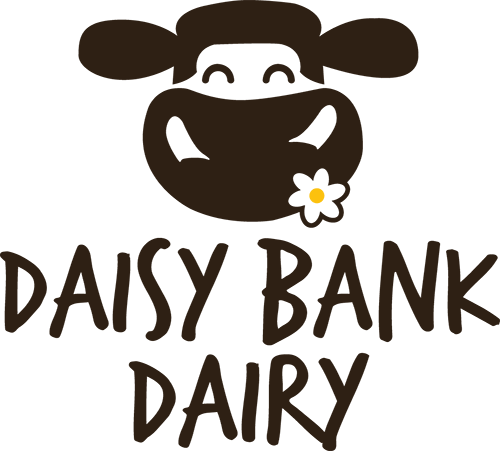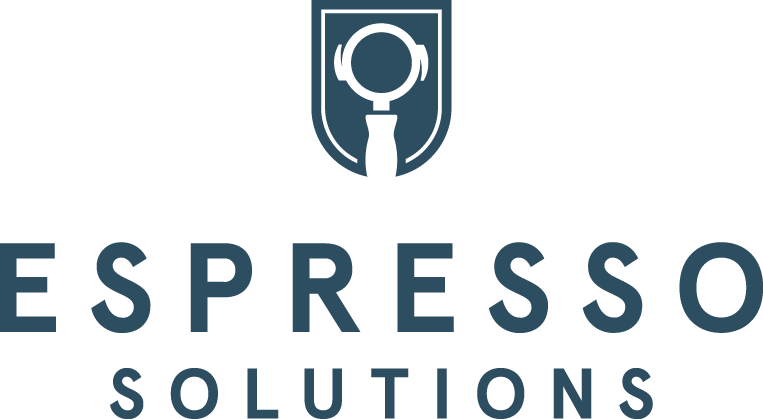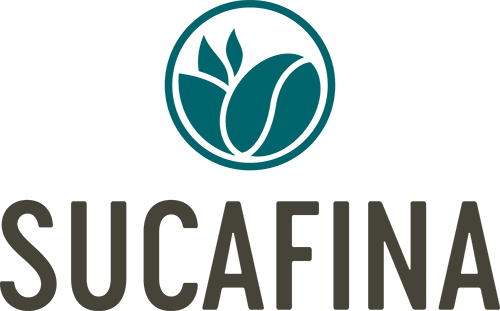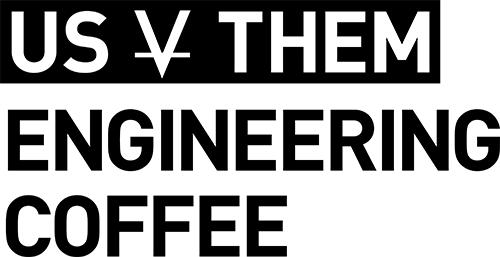Green coffee
With ethical bean sourcing and a quality-over-quantity approach, the speciality movement is leading the way when it comes to sustainability
With roots in ethical bean sourcing and a quality-over-quantity approach, it’s no wonder the speciality movement is leading the way when it comes to sustainability. Discover the cafes cutting cardboard, roasters reducing energy and baristas refashioning used grounds …
Feature from The Ireland Independent Coffee Guide No 2 – buy your copy here.
One of the joys of brunching at your favourite coffee shop (alongside the expert egg poaching) is not having to tidy up after your meal. But have you ever stopped to wonder where those lunch leftovers, dirty napkins and plastic straws are going? Happily, cafes across Ireland are making changes in their day-to-day dealings so your next speciality hit can be as easy on the conscience as the environment. It’s time to ditch the disposables, pass on the paper receipt and champion the return of the doggy bag.
Waste not want not
The guys behind PS Coffee Roasters in Naas know a thing or two about being green: the County Kildare roaster and coffee shop has been named Tidy Town’s most sustainable business two years running.
‘We believe it’s our social responsibility to look after our planet,’ explains co-owner Simon McCormack. ‘As well as dividing our waste into recycling and general refuse, we also use compostable cups and packaging, offer free water bottle refills, grow our own peppers and put old coffee grounds to good use.’
The team at The Happy Pear in County Wicklow are also in on the eco action, donating excess food to local charities, incentivising the use of reusable bamboo cups and introducing compostable cutlery and bags for any purchases from the shop. ‘We try to make a lot of small changes to be kinder to the environment and leave less of a footprint,’ says roaster Paul Grimes.
And it’s not just coffee shop owners introducing change on the cafe floor. Tech developments such as online till systems allow paperless transactions where the receipts drop into your inbox instead of the bin, while speciality innovation The Juggler cuts waste by storing milk in 20 litre bladders instead of multiple plastic bottles.
The cup conundrum
Waste-reducing developments such as email receipts and milk bladders are fairly new additions to the cafe scene, but eco-conscious coffee lovers have been waging a war on disposable cups for years.
Every minute over a million disposables make their way to landfill, with our tendency for takeaway coffee playing a massive part in the towering level of waste. Before Hugh Fearnley-Whittingstall brought the issue to the public’s awareness in 2016, many mobile coffee imbibers were placing paper cups in the recycling bin – with good intentions – when, in fact, a thin, waterproof layer of plastic inside almost all disposables means they end up in landfill.
Speciality coffee shops were among the first to take note and the vast majority have since switched to biodegradable ware, while many offer discounts on take-outs using reusables such as KeepCup.
‘When we started KeepCup in 2009, our dream was to lift reuse rates to 30 per cent,’ says co-founder Abigail Forsyth. ‘We’ve sold over eight million KeepCups since, and our customers have prevented billions of single-use cups going into landfill. The momentum is growing thanks to individual users, the independent coffee scene and everyday people looking for a better way.’
New life for old grounds
Ever wondered what coffee shops do with the mounds of used grounds? They could be cleaning your body, cultivating your garden or even growing your dinner.
It’s not just caffeine junkies who thrive on a speciality fix: flowers and plants can’t get enough of the stuff when keen gardeners refashion grounds as a soil enhancer. ‘In the spring we encourage customers to take bags of grounds for their flower beds,‘ says Peter of PS Coffee Roasters. The Happy Pear has been doing the same: ‘We get regulars looking for grounds for their compost and we also have gardeners using the leftover chaff from the skin of the coffee bean (produced during roasting),’ adds Paul.
But the garden isn’t the only new life for old grounds. Peter has also experimented with turning coffee into soap with a local producer, while Paul and the team at The Happy Pear have given mushroom growing a go. ‘We’re playing around with some oyster mushrooms using grounds as fertiliser; if it works we plan to upscale the project,‘ he adds.
At the roastery
It’s not just speciality cafes calling time on wasteful practices and working to make their businesses more planet-friendly. Alan Phillips, founder of The Studio in Meath, is one of a haul of roasters driving positive change.
‘Coming from a long career working for US multinationals, I’m accustomed to a ‘war on waste’,’ says Alan, the inspiration behind The Studio brand. ‘It’s in my DNA to seek out ways to minimise excess at every stage of a process, so I took the same approach when I set up the coffee roastery.’
From day one, Alan roasted in line with speciality standards and sourced green beans from ethical importers that support small farms, co-ops and gender and education initiatives. But when he started roasting commercially in 2017, the accountant-turned-coffee-roaster wanted to take his sustainable stance a step further and make the sack-to-espresso process as green as possible.
Alan’s hard work has paid off and the result is a seaside roastery which runs largely on natural resources with minimal waste and a greatly reduced carbon footprint. Solar panels provide hot water, a solid fuel boiler keeps the building toasty in winter and rainwater collected in a 200 litre tank is used to clean the roasting gear. Waste is kept to a minimum too, with all of the organic surplus generated from roasting (bean samples, chaff, cupping excess and the like) recycled in an aerobic compost bin, while a paperless office initiative keeps the level of general waste low.
The Studio’s planet-friendly policies don’t just apply to the Bettystown roastery either. Cups used to serve coffee at festivals and events are 100 per cent compostable, while semi-gloss labels branding the bags of beans are recyclable.
‘It’s predicted that by 2050 the weight of plastic in the seas will outweigh that of the fish,’ says Alan. ‘Just take a moment to think about that stat.’
Alan isn’t the only one fighting the war on waste, so be sure to question your fave roasters on their green creds next time you buy beans to brew at home.
